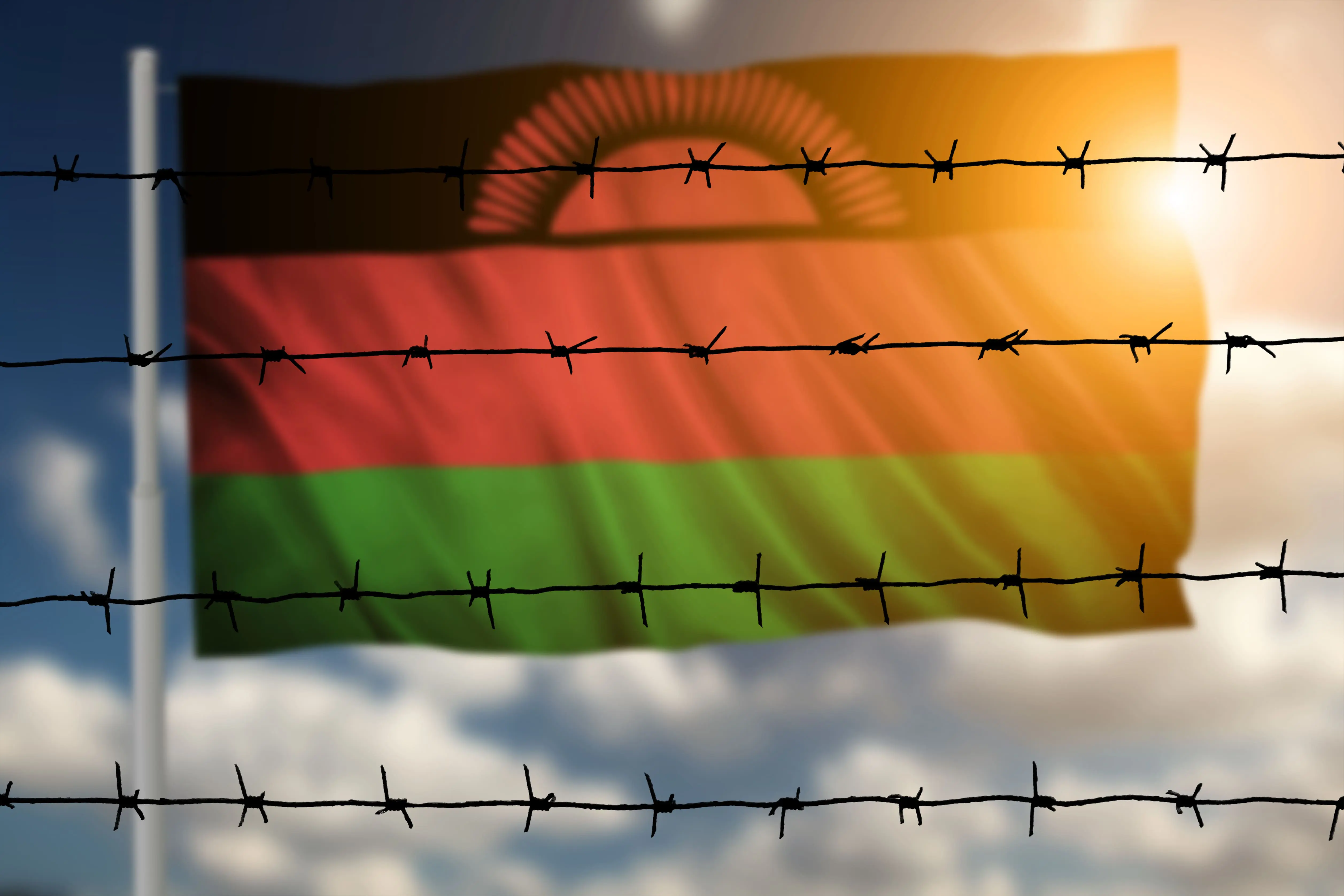
Over the weekend, Director General of the Malawi Communication Regulatory Authority (MACRA), Godfrey Itaye, called a meeting in Blantyre to take place at 17h30 on Saturday, 18 May 2019. The meeting’s pressing action item: discussing the government’s attempt to shutdown access to phones, WhatsApp, and other social media sites during Tuesday’s election. Following the meeting, Vice President Saulos Chilima commended MACRA lawyers for resisting efforts by the government to shut down the internet. There have been additional reports that the government has also attempted to pressure telecommunication providers to shut off access to WhatsApp and other social media during the election. An internet shutdown during the election, or one preceding the announcement of the results, should either take place, would constitute a grave violation of the freedom of expression, and would severely hinder access to information during one of the most critical times of Malawi’s democracy: the election.
Free and fair elections are essential to democratic society, as codified in Section 77 of the Malawi Constitution, which guarantees to all Malawians the right to vote and participate in elections. Leaders who seek to hamper elections as a means of maintaining power and thwarting opposition, critically damage the functioning of democracy by preventing citizens from fully exercising their rights. While authoritarian leaders have used tools like arrests, bureaucracy, and clamp downs on assemblies for many years to impact election outcomes, internet shutdowns have more recently arrived on the scene as another method in the authoritarian’s toolbox. The novelty of internet shutdowns, however, should not detract from recognising the severe ways in which they prevent the free exercise of fundamental rights, and resemble the same tools of oppression that have been used to thwart democracy time and again.
As more and more people exercise forms of expression online, platforms such as Facebook, WhatsApp and Twitter have become the modern version of the more traditional public squares, where ideas and opinions are heard and shared. These sites are therefore essential spaces for political participation, and have become necessary avenues for organisations and political parties to communicate with their membership. Shutting down the internet, therefore, profoundly impacts and curtails one’s ability to express opinions, participate in public life, and effectively organise associations.
The Malawian Electoral Commission is no stranger to the fundamental importance of the rights of expression and access to information. Indeed, Section 4 of the Electoral Code of Conduct for Political Parties and Candidates states that political parties have the right to “publish, distribute, and post campaign materials”. This includes the right to publish and distribute these materials online. Political parties are also guaranteed the right to “freely participate in the electoral process including expressing their political beliefs and opinions” by “using public resources equitably”. Access to the internet and platforms such as Facebook, WhatsApp, and other digital sources is essential in order for political parties to advocate and distribute information regarding their candidacy, and for voters to access this information and make informed election decisions.
Restricting access to the internet and social media, especially through questionable uses of political power to pressure private companies and independent regulators, runs afoul of the free participation envisioned in the Elections Act and the Code of Conduct. The Code of Conduct specifically makes it an offence for political parties or candidates to “block access to voters for voter education” or to “unlawfully remove” the “election material of a political party or candidate”. Shutting down the internet would violate both of these elements of prohibited conduct during elections. Modern technology has made it such that key voter education occurs via the internet, and this is especially true on election day. For example, voters need to know such fundamental information as when and where to vote. This vital democratic resource should not in any way be subject to manipulation or shutdown at the hands of any candidates, and especially through efforts to pressure any government body, agency, telecommunication service, or any entity similarly charged with providing internet access to the citizens of Malawi.
It is the responsibility of everyone in Malawi to ensure free and fair elections. While the government and MACRA should refrain from shutting of the internet and thus impermissibly restricting freedom of expression, private companies should also strive to respect human rights. Any order to shut off the internet constitutes an unlawful restriction on the rights of Malawians. As evinced by the Supreme Court in Kimu v Access Malawi Limited and Others, “a limitation does not become legal merely because it came from MACRA [or] indeed any regulator”. Indeed, telecommunication companies have an obligation to challenge unlawful orders that violate the right to privacy in that case, and in the aforementioned case, these companies lost because they rather made their customers drag them to court. Should telecommunication companies receive unlawful orders again, including any which seek to restrict freedom of expression, these companies must challenge them in court. They cannot expect the burden to fall once again on their customers, the citizens of Malawi.
Elections are an exciting time for all citizens, to participate in democracy and select the government that they feel will best lead and represent them. While the stakes are always high for politicians during election season, all participants should do their best ensure that the will of the people is what reins in the end. The will of the people can best be achieved through strong protections for freedom of expression and access to information, and it is clear that any internet or social media shutdown would restrict such rights, and damage the democratic process. Malawi cannot let that happen, and everyone should do their part to #KeepItOn.



